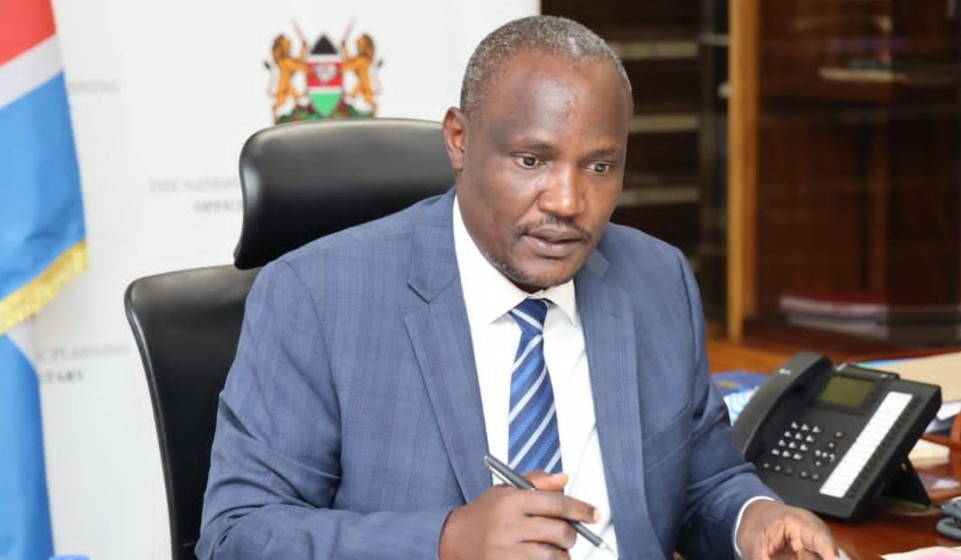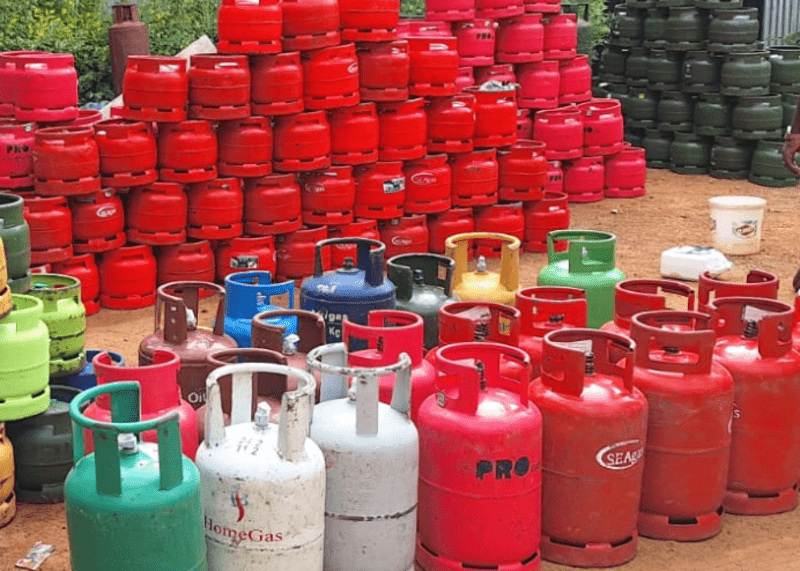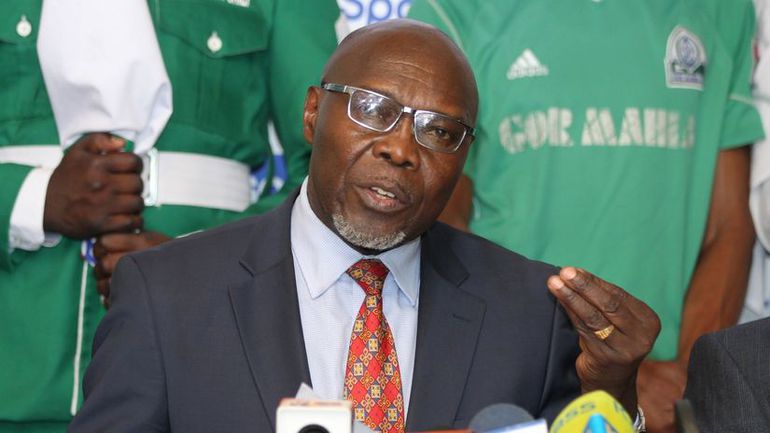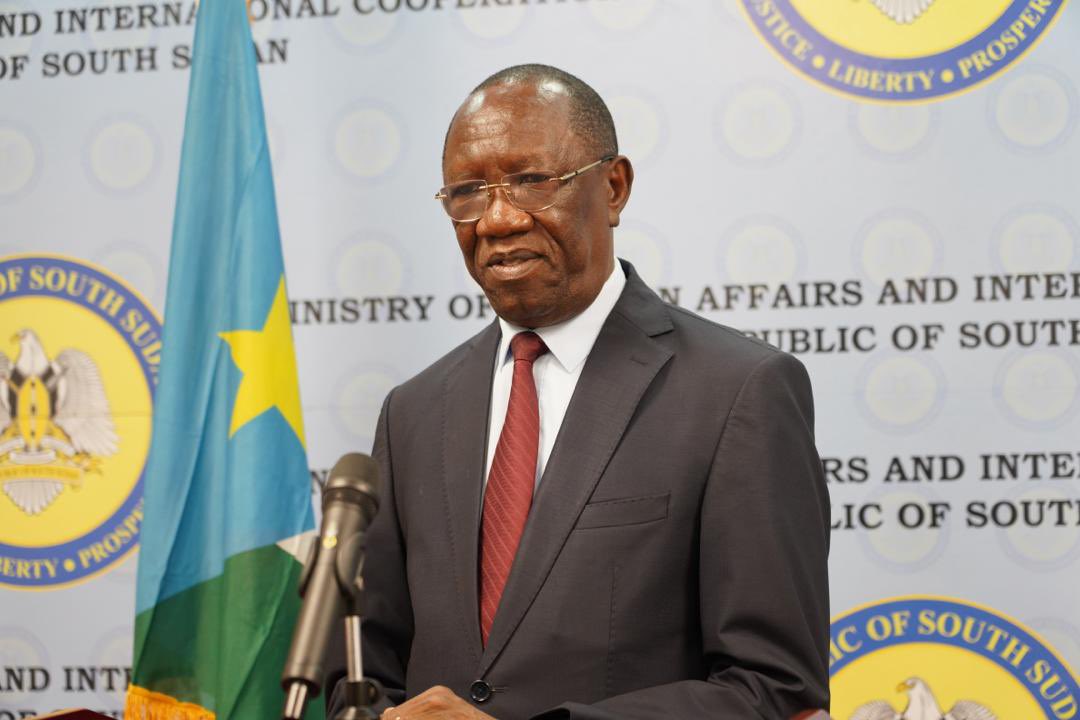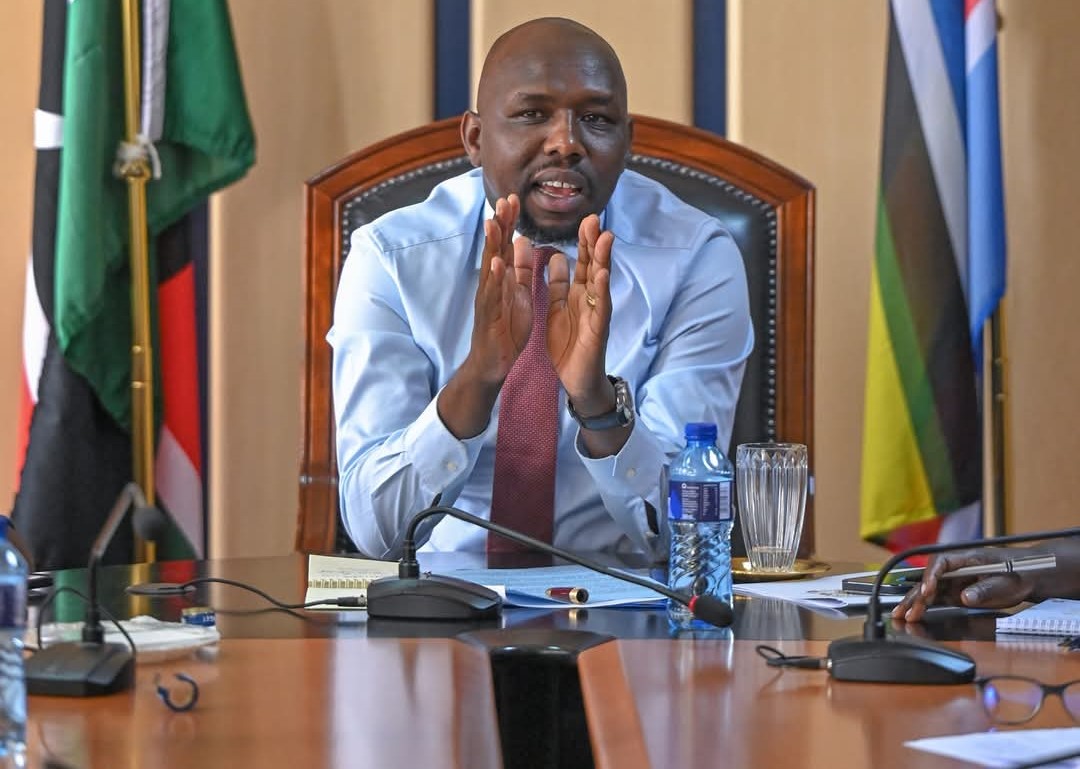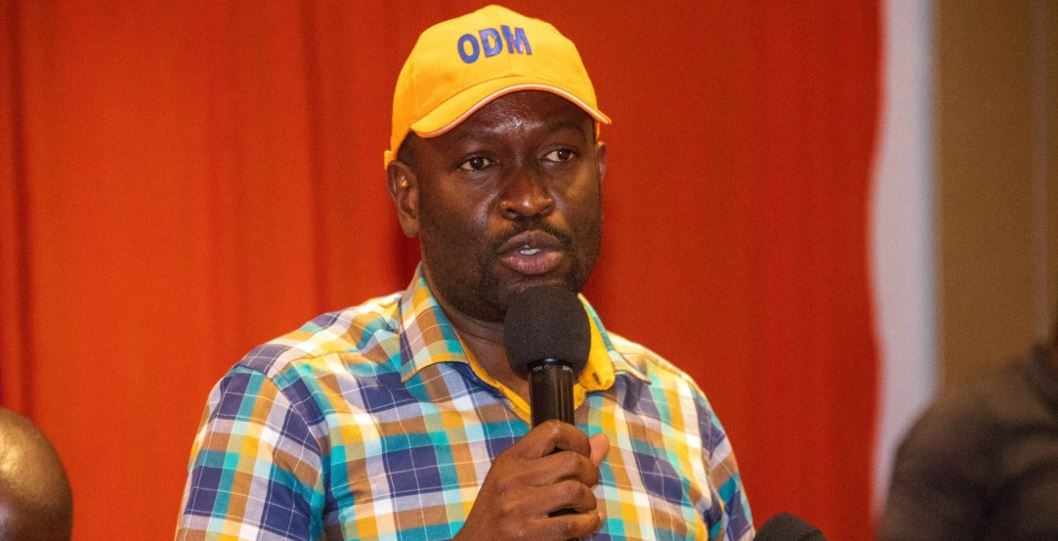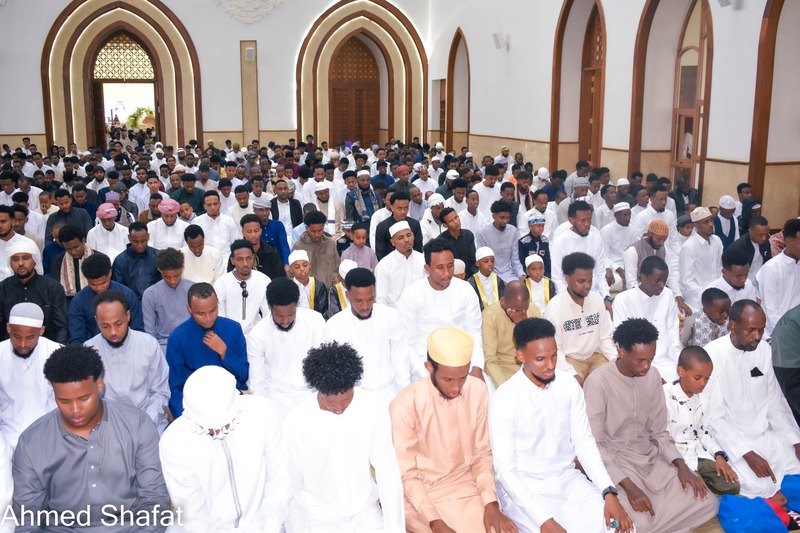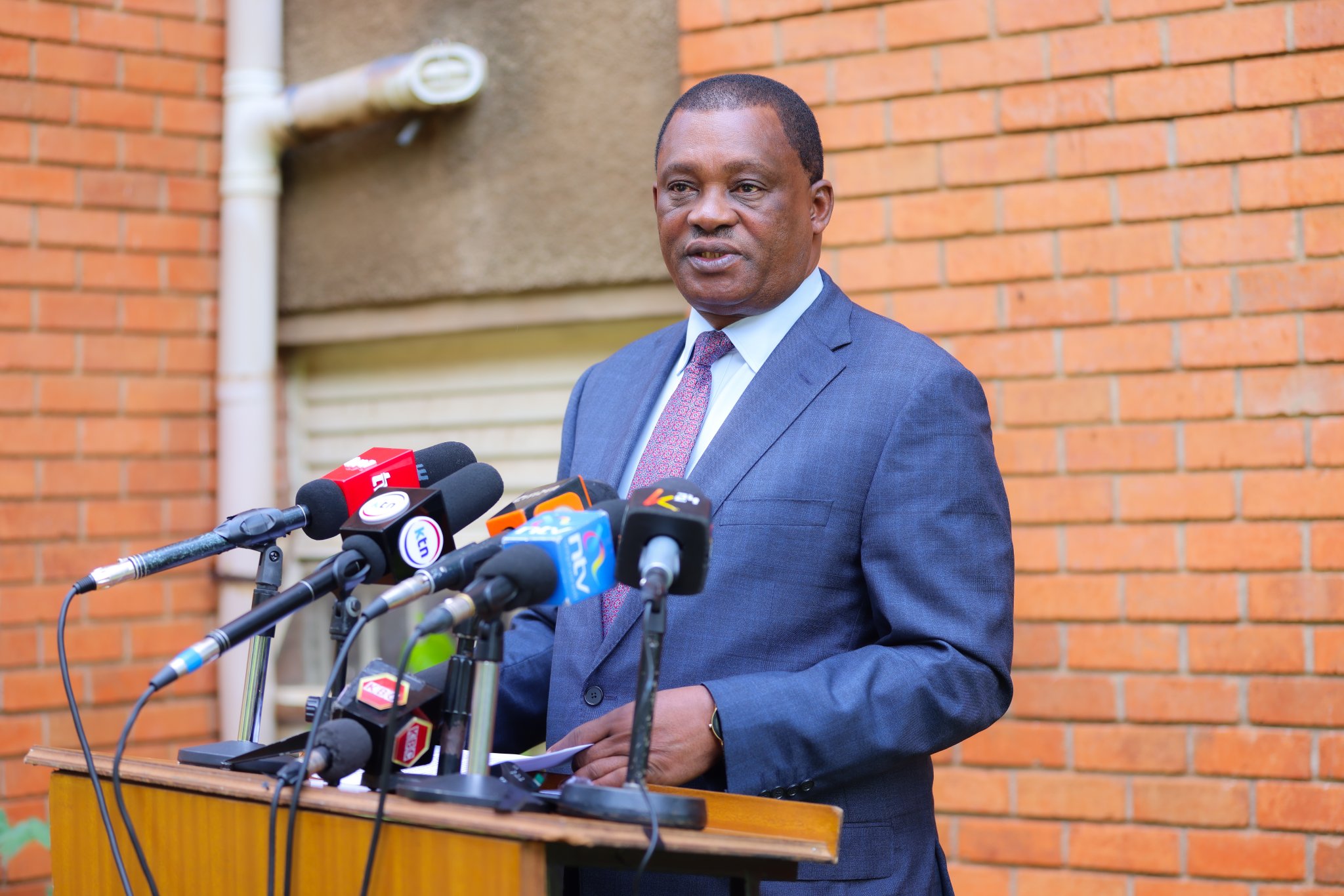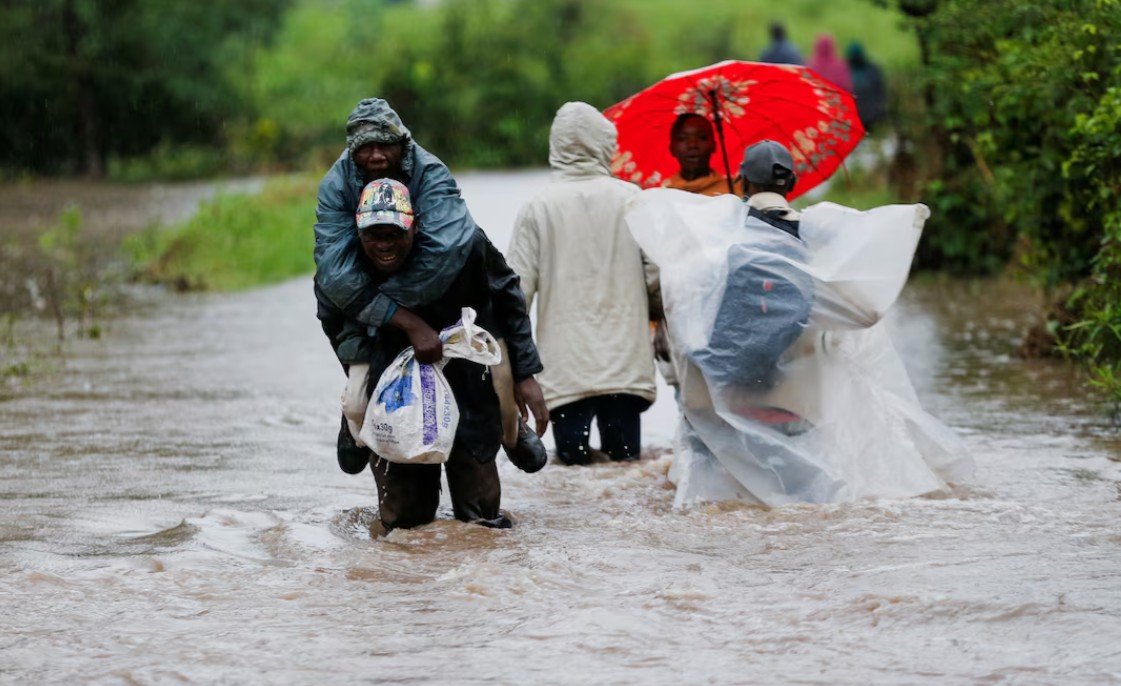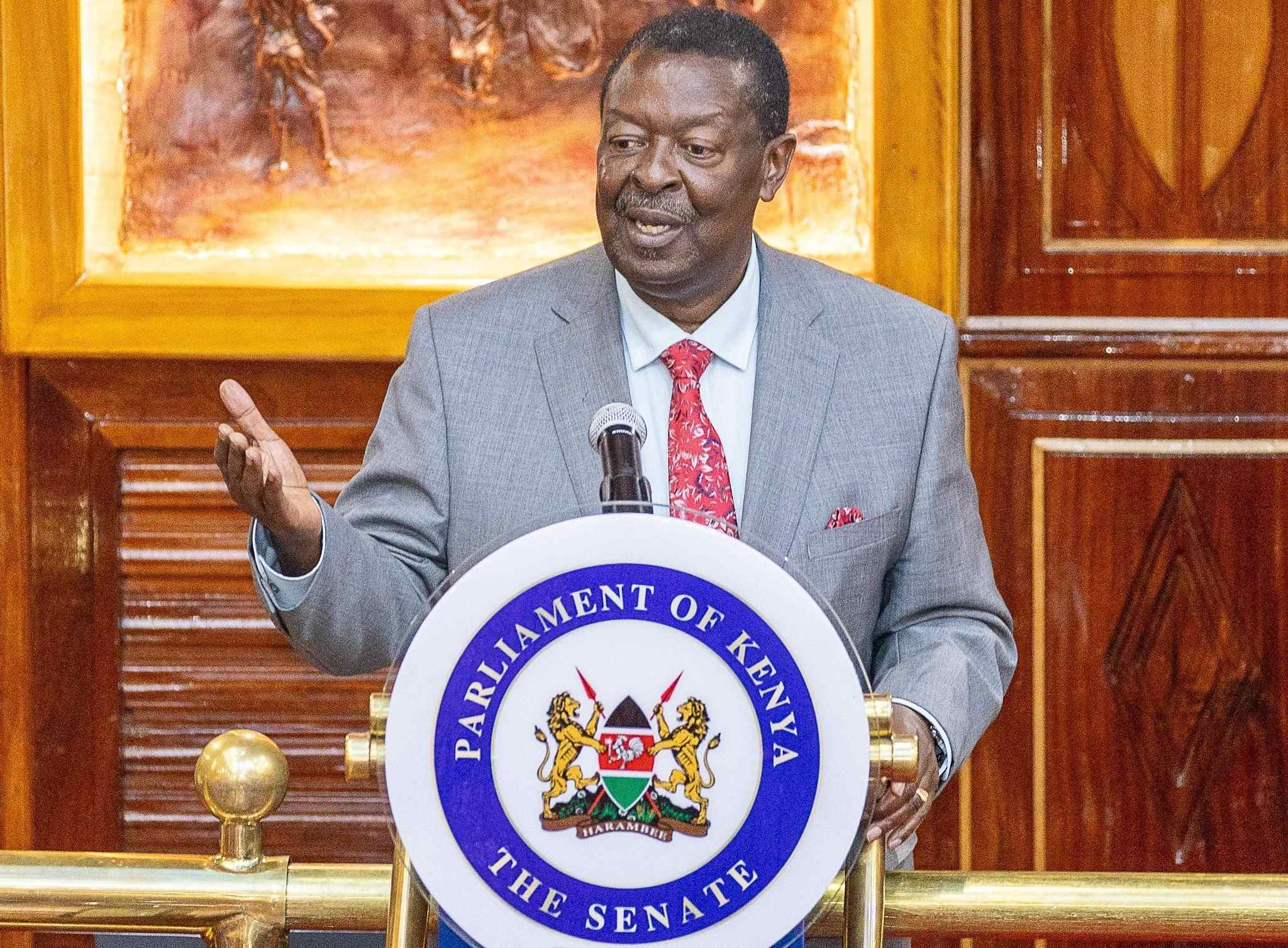Students break for three-week April holiday amid ongoing challenges in education sector

The second term is expected to begin on April 28 and will last for 14 weeks.
As learners across the country begin their month-long April holiday, the education sector continues to grapple with challenges, including inadequate infrastructure, delayed capitation, and rising school fees.
Students are set to enjoy a three-week holiday until April 25, 2025. The second term is expected to begin on April 28 and will last for 14 weeks.
More To Read
The break comes at a crucial time as the Kenya National Examinations Council (KNEC) finalises the registration of candidates for key national assessments, including the inaugural Kenya Junior School Education Assessment under the competency-based curriculum (CBC).
Additionally, the council is registering candidates for the Kenya Certificate of Secondary Education (KCSE) exams.
National Parents’ Association Chairperson Silas Obuhatsa seized the opportunity to call for positive parenting, urging parents and guardians to actively engage in the well-being of their children during the break.
He emphasised the importance of helping children with their homework instead of allowing them to roam the streets, where they could be exposed to dangerous influences.
“We have seen an upsurge of violence against women; please protect girls,” Obuhatsa said.
“I know boys are important, but the abuse targeted at our girls is worrying, hence the emphasis. Safeguard all the children, give them care, love, security, and protection from sex predators, drug addicts and other harmful elements in society.”
Obuhatsa also expressed concern over the practice of marrying off young girls or sending them to rural areas for female genital mutilation, highlighting a recent incident in Wajir where a young girl was tragically murdered after refusing to marry an older man.
“Justice has to prevail. Cases like these require heavy sentencing,” he said, stressing the need for strict legal action against parents who marry off minors.
The National Parents’ Association chairperson further called on the government to instruct law enforcement agencies to take decisive action against parents facilitating such harmful practices. He also highlighted the growing issue of substance abuse, especially among minors, urging the state to intensify efforts to combat the problem.
“The re-emergence of juvenile criminal gangs wreaking havoc at the Coast is a major concern,” Obuhatsa warned.
“These are all happening because of the influence of drugs. Children at the age of 12 are carrying crude weapons and attacking members of the public; where are the parents?”
Drugs and alcohol abuse
Obuhatsa criticised some parents for contributing to the problem by supplying drugs and alcohol to their children, noting that schoolchildren under 12 have become the primary target market for such substances. He stressed that efforts to combat drug and alcohol abuse need to be escalated with the support of all stakeholders.
The chairperson also emphasised the critical role of positive parenting and proper role modeling, pointing out that a lack of guidance has led many young people down a path of criminal activity. He urged parents not to neglect their children during the break but instead to provide emotional care and supervision.
During the same period last year, the education sector faced significant disruptions, with floods causing widespread damage and displacing thousands of people. The government responded by extending Term One and Two dates and indefinitely postponing school opening dates to accommodate the affected institutions.
“The rains have begun, and the weatherman says we are likely to have floods. We urge the state to put in place measures to ensure the safety of our institutions. Parents should also protect our learners during heavy rains,” Obuhatsa said.
Obuhatsa also reminded parents to prepare the over 1.2 million Grade 9 learners for their transition to senior schools.
“Help them navigate senior school, prepare them in advance. The government has done a lot of sensitisation to Grade 9 transition; now talk to your child about subjects because in Grade 10, things will be different,” he said.
The transition to senior school will be based on career pathways, abilities, and interests, with students selecting from three main pathways: social sciences, arts and sports, and science, technology, engineering, and mathematics (STEM). Last month, the government organised county-based dialogues to discuss the progress of the CBC, with a focus on stakeholder feedback.
Education Cabinet Secretary Julius Ogamba reaffirmed the ministry’s commitment to refining the CBC implementation.
“The nationwide dialogues have shown general approval. I assured stakeholders that feedback from these engagements has shaped comprehensive guidelines for Grade 10 placement,” Ogamba said during a visit to Nyabururu Girls High School in Kisii.
During the visit, Ogamba commissioned a multi-purpose hall and a tuition block, highlighting the government’s ongoing efforts to ensure that senior schools align with students’ aspirations through multiple career pathways.
He reiterated the government’s commitment to further refining the CBC with inclusive stakeholder engagement.
Top Stories Today



